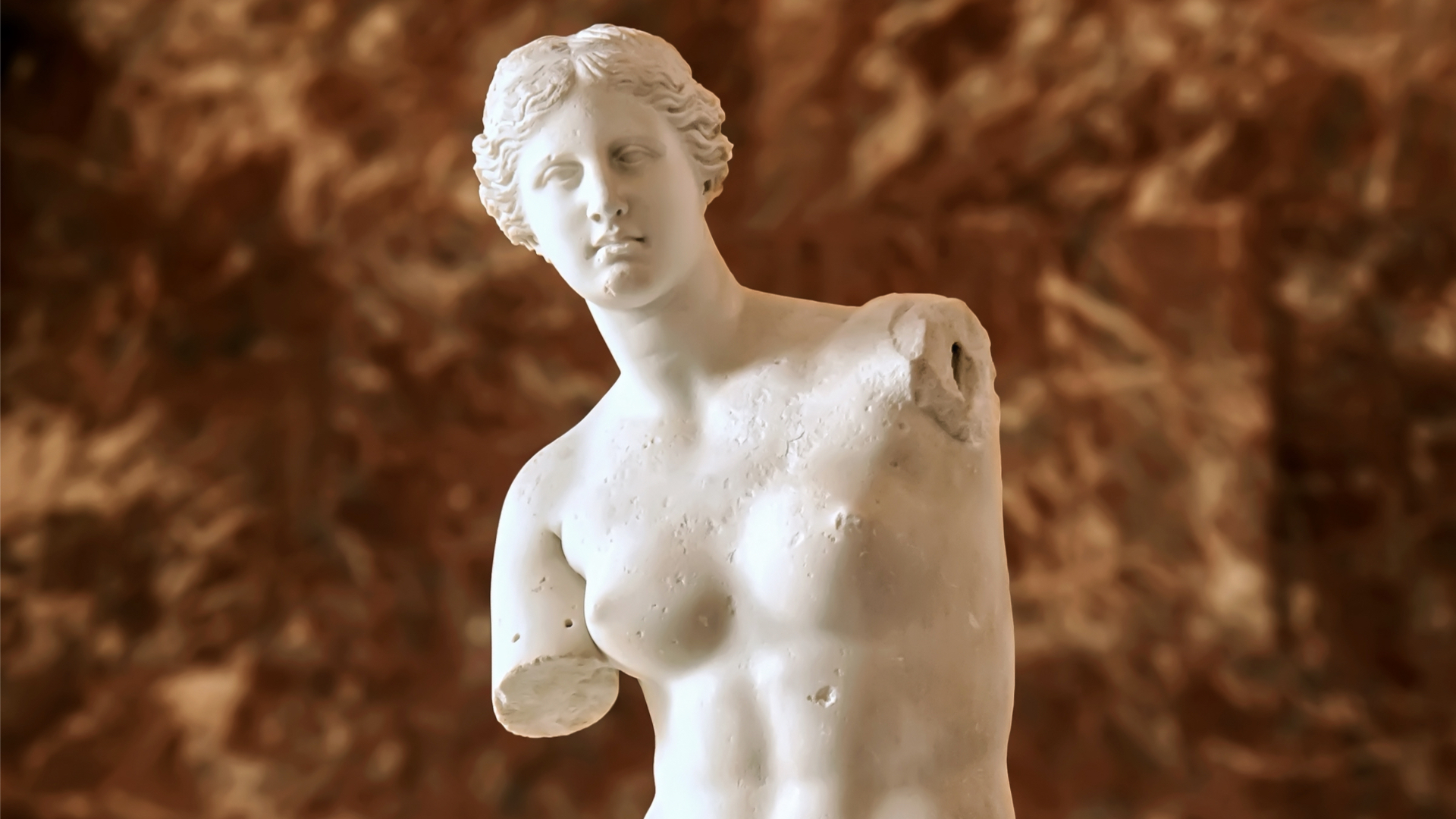Traditional paintings are often revered for an artist’s ability to mimic the world in all its kinetic, technicolor splendor; the folds of a flag flapping in the wind, the play of light over choppy waters, a lip curling to a smile. But what about smell? What odours can an artist conjure from the pores of a canvas?
Such questions played on the minds of Victoire de Taillac and Ramdane Touhami and led them to invite eight perfumers to tour The Louvre and channel an individual artwork into a scent. The project, “L’Officine Universelle Buly au Musée du Louvre”, which officially launched on July 3, has produced about 50 units that will be sold from a pop-up shop within the world’s most visited museum.
Among the creations are a rose-tinted expression of Thomas Gainsborough’s sensuous Conversation in a Park and an imagining that Venus de Milo had a whiff of mandarin and jasmine about her. Each artwork includes various lines of fragranced products including candles, diffusers, and soaps.
The limited-edition products will likely prove popular with some of the estimated 800,000 Chinese tourists who visit the Louvre each year. While the notion of a prestigious museum collaborating with a perfumery may seem novel or unusual to western museum-goers, for culturally-attuned Chinese people, the practice of museum-inspired products, or wenchuang, is commonplace.
In China, domestic museums ranging from Beijing’s grand Palace Museum to more modest institutions such as Suzhou Museum have capitalised on the public’s increasing engagement with the country’s storied history and culture. The playbook is to create specialised IP-based products and sell them in limited-edition batches on China’s E-Commerce platforms. These range from Terracotta Warrior miniatures capable of holding pens and toothpicks to soaps that mimic the blue mountains of a famed Northern Song Dynasty painting.
And while “Buly au Musée Louvre” does not explicitly reach out to Chinese tourists as a potential customer base, such unique products are in keeping with the desires of culturally-active Chinese travellers. The expectation – and a perfectly reasonable one – is that having journeyed far to visit the Louvre, one should walk away from the museum with something more rarefied than a branded t-shirt or Mona Lisa fridge magnet.
The Louvre undertakes one such special project annually and though the scents will initially be sold exclusively onsite, by Fall they will be selling in Buly boutiques and international department stores.
Inspired by talented French perfumers of the 18th and 19th centuries, De Taillac and Touhami opened Buly in Paris in 2014 and currently have stores in 10 cities worldwide.



